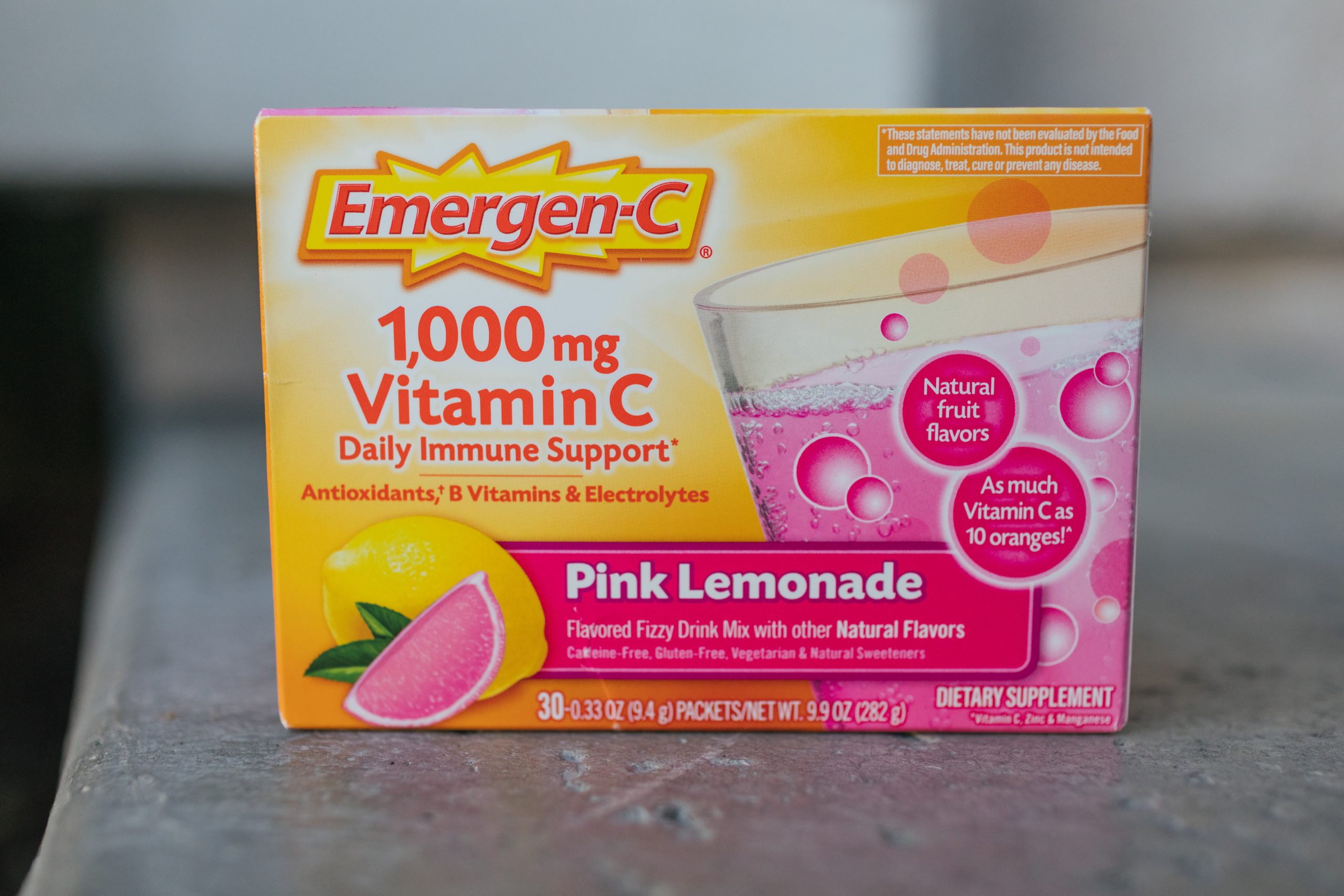When you have a cold, you will do almost anything to feel better fast. The pharmacy aisle is filled with over-the-counter (OTC) remedies that promise quick relief from your symptoms. However, many of these popular products make claims that are not supported by strong scientific evidence. While they may offer some minor comfort, these nine common cold remedies often do not work as well as their advertising suggests. This leaves you feeling sick and wasting your money.

1. Vitamin C Supplements
Taking large doses of Vitamin C is one of the most popular cold remedies. However, decades of research have shown that Vitamin C does very little to prevent or treat the common cold for most people. While it is an essential nutrient, taking mega-doses once you are already sick will not shorten the duration of your cold. It is mostly a very persistent myth.
2. Zinc Lozenges and Sprays
Zinc products, like Zicam and Cold-Eeze, claim to shorten the duration of a cold if you take them right at the first sign of symptoms. Some studies have shown a small potential benefit. However, the evidence is generally weak and inconsistent. Many users also report unpleasant side effects, like a bad taste or nausea. The FDA has also warned about nasal zinc sprays causing a loss of smell.
3. Echinacea Supplements
Echinacea is an herbal supplement that is marketed as an immune booster to help fight off colds. Like zinc, the scientific evidence for its effectiveness is weak and conflicting. Some studies show a small benefit, while others show none at all. The quality and the dosage of echinacea supplements can also vary wildly between different brands, making it an unreliable remedy.
4. Oscillococcinum
This popular homeopathic cold remedy comes in small vials of dissolvable pellets. The product claims to relieve flu-like symptoms. However, homeopathy is based on the principle of extreme dilution. Oscillococcinum is so diluted that it contains virtually no active ingredient at all. Any effect it has is widely considered by the scientific community to be a placebo.
5. Cough Drops for a Cough
While a cough drop can provide temporary relief for a sore throat, it does very little to actually suppress a cough. Most cough drops are just hard candies that contain menthol or other flavorings. They do not contain an active cough suppressant ingredient. They may soothe your throat, but they will not stop you from coughing.
6. Airborne and Emergen-C

These effervescent drink mixes are marketed as immune support supplements. They contain a high dose of Vitamin C and other vitamins and minerals. As we have seen, the evidence for Vitamin C’s effect on colds is weak. While the other vitamins might be beneficial, there is no strong proof that these expensive drink mixes are any better at preventing or treating a cold than a standard multivitamin
7. Most Multi-Symptom Cold Medicines
The “all-in-one” cold medicines that promise to treat every single symptom can often be counterproductive. They contain a cocktail of different drugs, some of which you may not actually need. For example, a medicine might contain a cough suppressant and an expectorant, which work against each other. It is usually better to treat each specific symptom with a targeted, single-ingredient medicine.
8. Children’s Cough and Cold Medicines (for young kids)
The FDA and the American Academy of Pediatrics strongly advise against giving most OTC cough and cold medicines to children under the age of four. Studies have shown that these products are not effective in young children. They can also cause serious side effects. For young kids, simple remedies like rest, fluids, and honey (for children over one) are much safer.
9. Antibacterial Hand Sanitizer (for cold viruses)
Hand sanitizer is great for killing bacteria. However, the common cold is caused by a virus. While sanitizer can kill some viruses, it is not as effective as simply washing your hands thoroughly with soap and water. Relying solely on hand sanitizer might give you a false sense of security during the cold season.
The truth is that there is no magic cure for the common cold. Most OTC remedies only offer temporary relief from the symptoms. They do not actually shorten the duration of the illness. The best medicine is often the simplest: rest, plenty of fluids, and patience. You should save your money on these often ineffective products. Let your body’s own immune system do its job.
Have you ever tried one of these cold remedies and found it did not work? What is your go-to method for dealing with a cold? Let us know!
What to Read Next
- 6 OTC Painkillers That Are Exactly the Same Formula
- 7 OTC Remedies That Doctors Say Are Overpriced
- 8 Pharmacy Deals Hidden Behind the Counter
- 7 Over-the-Counter Medications That Recently Changed Formulas
- 10 Over‑The‑Counter Drugs That Can Interact Fatally With Common Prescriptions
The post 9 OTC Cold Remedies That Don’t Work as Advertised appeared first on Grocery Coupon Guide.







